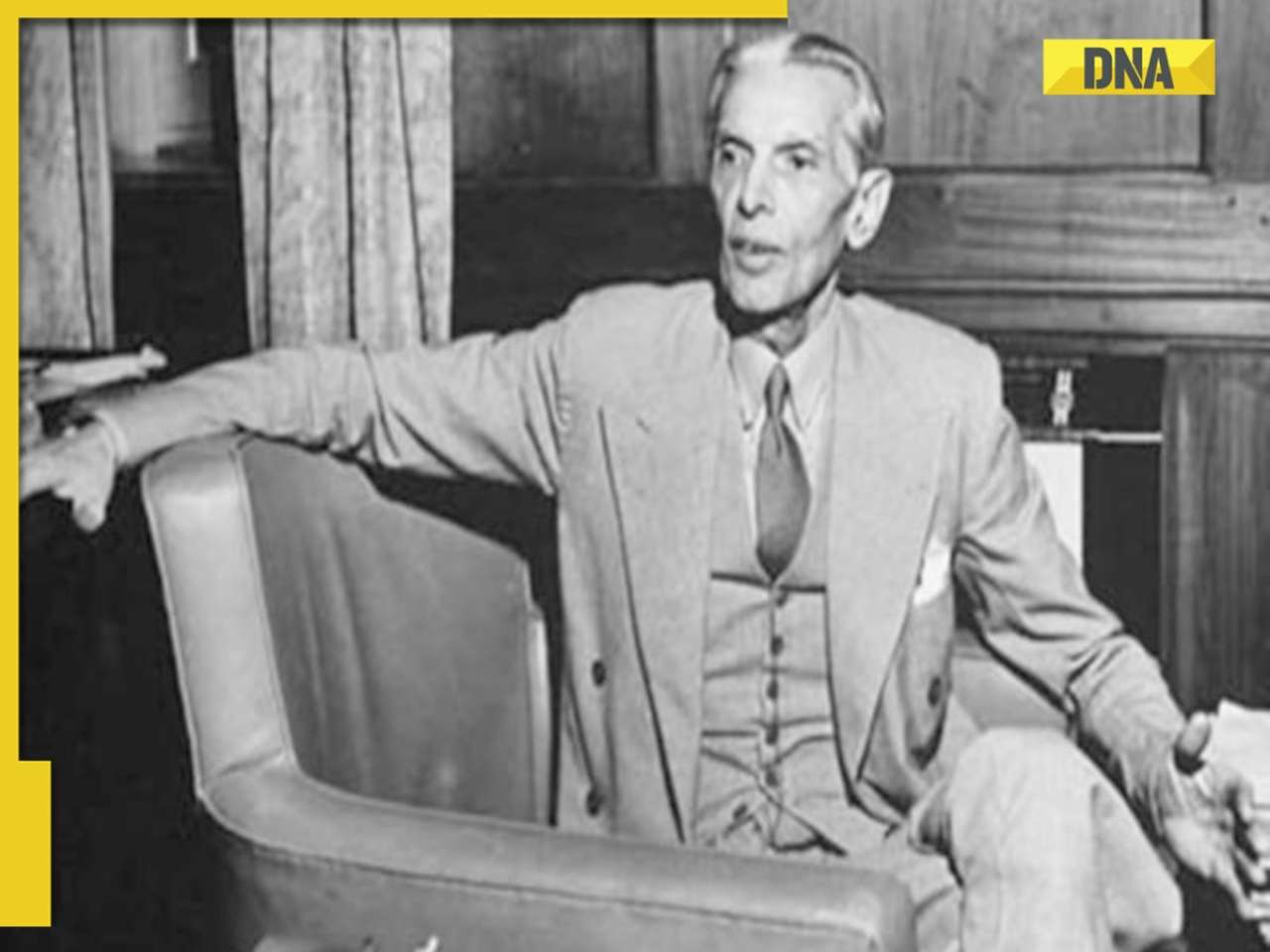X owner Elon Musk recently opened up about ketamine therapy that he is going through in an interview with journalist Don Lemon. Ketamine, the drug that is used to treat depression in patients, has been talked about more after FRIENDS actor Matthew Perry's death in 2023 due to the acute dosage.
What is Ketamine? The 'doctor prescribed' drug linked to Elon Musk’s mental health treatment
X owner Elon Musk recently opened up about ketamine therapy that he is going through in an interview with journalist Don Lemon. According to recent reports, the Tesla CEO’s creative behaviour, stress-management system and his overall functioning as a tech entrepreneur and a politically influential figure would be due to use of ketamine and other drugs.
Other reports, including those from Nationalworld and The Wall Street Journal, have suggested that Musk may be involved with substances that are either illegal or not typically used for medical purposes. These allegations could significantly impact both his personal life and the public's view of his leadership.
In the interview he also said that he is “almost always” sober during his late-night or early-morning posting sessions on X. “There are times when I have sort of a … negative chemical state in my brain, like depression I guess, or depression that’s not linked to any negative news, and ketamine is helpful for getting one out of the negative frame of mind,” Musk told Lemon. He added that he has a prescription from “an actual, real doctor” and takes “a small amount once every other week or something like that.” Ketamine, the drug that is used to treat depression in patients, has been talked about more after 90s sitcom FRIENDS actor Matthew Perry's death in 2023 due to the acute dose of Ketamine.
What is Ketamine?
Ketamine is a threpay used in two types of treatment: ketamine infusion therapy and ketamine-assisted psychotherapy. Ketamine, initially created as an anesthetic in the 1960s, has recently shown promise as a revolutionary treatment for severe depression and suicidal thoughts, especially for patients unresponsive to traditional antidepressants. Ketamine's uses extend beyond depression to include pain management and supplemental anesthesia. Its dissociative effects make it especially useful in emergency situations, where swift sedation and pain relief can be crucial.
It was initially developed for use as a surgical anesthetic and in emergency trauma care.
Is Ketamine illegal?
In the US, ketamine is a Schedule III controlled substance, legally usable for medical purposes under a licensed provider's supervision. Although FDA-approved only as an anesthetic, clinicians can prescribe it off-label for various conditions, meaning using an approved drug for an unapproved use.
Benefits and Side-effects
Ketamine has transformed its use as rapid anti-depressant into treatment-resistant depression, offering several benefits:
- Rapid relief: Ketamine alleviates depressive symptoms within hours, unlike traditional antidepressants that take weeks.
- Reduced suicidal thoughts: Quick alleviation of severe depression can be lifesaving for those with acute suicidal tendencies.
- Medical versatility: Ketamine's use in anesthesia and pain management showcases its clinical utility.
Find your daily dose of All
Latest News including
Sports News,
Entertainment News,
Lifestyle News, explainers & more. Stay updated, Stay informed-
Follow DNA on WhatsApp. Viral video: Saiyaara star Aneet Padda gets confused while posing for paps, refuses to remove..., says 'mujhe sharm aa rahi hai'
Viral video: Saiyaara star Aneet Padda gets confused while posing for paps, refuses to remove..., says 'mujhe sharm aa rahi hai' PM Modi issues BIG statement on India-UK trade deal, says, 'It shows growing trust of...'
PM Modi issues BIG statement on India-UK trade deal, says, 'It shows growing trust of...' Rajiv Rai reveals this superstar scolded him for making Kajol main villain of Gupt, he asked director: 'What you have done?'
Rajiv Rai reveals this superstar scolded him for making Kajol main villain of Gupt, he asked director: 'What you have done?' SHOCKING! 1-year-old child bites cobra to death in THIS state: 'He was spotted with...'
SHOCKING! 1-year-old child bites cobra to death in THIS state: 'He was spotted with...' Vatsal Sheth and Ishita Dutta reveal name of their newborn baby girl, it is..., know its meaning, importance, significance
Vatsal Sheth and Ishita Dutta reveal name of their newborn baby girl, it is..., know its meaning, importance, significance Other than heart attacks or BP : 7 hidden heart conditions triggered by oily foods
Other than heart attacks or BP : 7 hidden heart conditions triggered by oily foods 7 most captivating space images captured by NASA you need to see
7 most captivating space images captured by NASA you need to see AI-remagined famous Bollywood father-son duos will leave you in splits
AI-remagined famous Bollywood father-son duos will leave you in splits 7 superfoods that boost hair growth naturally
7 superfoods that boost hair growth naturally Confused between Forex and Credit cards for your international trip? Learn which saves more
Confused between Forex and Credit cards for your international trip? Learn which saves more Tata Harrier EV Review | Most Advanced Electric SUV from Tata?
Tata Harrier EV Review | Most Advanced Electric SUV from Tata? Vida VX2 Plus Electric Scooter Review: Range, Power & Real-World Ride Tested!
Vida VX2 Plus Electric Scooter Review: Range, Power & Real-World Ride Tested! MG M9 Electric Review | Luxury EV with Jet-Style Rear Seats! Pros & Cons
MG M9 Electric Review | Luxury EV with Jet-Style Rear Seats! Pros & Cons Iphone Fold: Apple’s iPhone Fold Could Solve Samsung’s Biggest Foldable Problem | Samsung Z Fold 7
Iphone Fold: Apple’s iPhone Fold Could Solve Samsung’s Biggest Foldable Problem | Samsung Z Fold 7 Trump News: Congress Seeks Answers On Trump's Alleged Mediation In Operation Sindoor
Trump News: Congress Seeks Answers On Trump's Alleged Mediation In Operation Sindoor OpenAI CEO Sam Altman issues CHILLING warning, says conversations with ChatGPT are...
OpenAI CEO Sam Altman issues CHILLING warning, says conversations with ChatGPT are... This man becomes world's highest-earning billionaire in 2025, beats Elon Musk and Jeff Bezos, Mukesh Ambani is at...
This man becomes world's highest-earning billionaire in 2025, beats Elon Musk and Jeff Bezos, Mukesh Ambani is at... Meet man who built Rs 200,000,000 empire after two failed ventures, his business is..., net worth is Rs...
Meet man who built Rs 200,000,000 empire after two failed ventures, his business is..., net worth is Rs... Meet man, founder of app under govt lens, also owns Rs 1000000000 business, he is..., his educational qualification is...
Meet man, founder of app under govt lens, also owns Rs 1000000000 business, he is..., his educational qualification is... Jinnah wanted THIS Muslim man to be first Finance Minister of Pakistan, he refused, his son is on Forbes list of billionaires
Jinnah wanted THIS Muslim man to be first Finance Minister of Pakistan, he refused, his son is on Forbes list of billionaires Inside Ahaan Panday’s academic journey before his Bollywood debut in Saiyaara
Inside Ahaan Panday’s academic journey before his Bollywood debut in Saiyaara From Alia Bhatt to Anushka Sharma: 5 Bollywood moms who are redefining style
From Alia Bhatt to Anushka Sharma: 5 Bollywood moms who are redefining style Want to think like a billionaire? Try these 5 habits followed by Bill Gates, Narayana Murthy and others
Want to think like a billionaire? Try these 5 habits followed by Bill Gates, Narayana Murthy and others In Pics: Tara Sutaria brings fairytale magic to ramp in a shimmering golden gown at ICW 2025
In Pics: Tara Sutaria brings fairytale magic to ramp in a shimmering golden gown at ICW 2025 From Love in the Moonlight to Moon Embracing the Sun: 7 must-watch K-dramas
From Love in the Moonlight to Moon Embracing the Sun: 7 must-watch K-dramas PM Modi issues BIG statement on India-UK trade deal, says, 'It shows growing trust of...'
PM Modi issues BIG statement on India-UK trade deal, says, 'It shows growing trust of...' SHOCKING! 1-year-old child bites cobra to death in THIS state: 'He was spotted with...'
SHOCKING! 1-year-old child bites cobra to death in THIS state: 'He was spotted with...' India appeals to Thailand, Cambodia to prevent escalation of hostilities: 'Closely monitoring...'
India appeals to Thailand, Cambodia to prevent escalation of hostilities: 'Closely monitoring...' NCERT to introduce dedicated module on 'Operation Sindoor' for students of Class...
NCERT to introduce dedicated module on 'Operation Sindoor' for students of Class... Mumbai Pune Expressway: 1 killed, many injured after nearly 20 vehicles crash in major accident
Mumbai Pune Expressway: 1 killed, many injured after nearly 20 vehicles crash in major accident Indian Army Agniveer CEE 2025 result declared, here's how you can download it
Indian Army Agniveer CEE 2025 result declared, here's how you can download it Meet IPS officer, DU grad, who cracked UPSC exam in her third attempt, secured 992 out of 2025 marks with AIR..., now married to IAS...
Meet IPS officer, DU grad, who cracked UPSC exam in her third attempt, secured 992 out of 2025 marks with AIR..., now married to IAS... Meet woman, who studied MBBS, later cracked UPSC with AIR..., became popular IAS officer for these reasons, shares similarities with IAS Tina Dabi, she is from...
Meet woman, who studied MBBS, later cracked UPSC with AIR..., became popular IAS officer for these reasons, shares similarities with IAS Tina Dabi, she is from... Meet Nilufa Yasmine, who topped UGC NET June exam, failed twice before scoring a perfect 100, she is from...
Meet Nilufa Yasmine, who topped UGC NET June exam, failed twice before scoring a perfect 100, she is from... Meet woman, daughter of vegetable vendor who cracked UPSC, her mother mortgaged gold for her education, her AIR is…
Meet woman, daughter of vegetable vendor who cracked UPSC, her mother mortgaged gold for her education, her AIR is… Maruti Suzuki's e Vitara set to debut electric market at Rs..., with range of over 500 km, to launch on...
Maruti Suzuki's e Vitara set to debut electric market at Rs..., with range of over 500 km, to launch on... This is world’s most expensive wood, cost of 1kg wood is more than gold, its name is..., is found in...
This is world’s most expensive wood, cost of 1kg wood is more than gold, its name is..., is found in... This luxury car is first choice of Indians, even left BMW, Jaguar, Audi behind in sales, it is...
This luxury car is first choice of Indians, even left BMW, Jaguar, Audi behind in sales, it is... Kia India unveils Carens Clavis: Check features, design changes, price and more; bookings open on...
Kia India unveils Carens Clavis: Check features, design changes, price and more; bookings open on... Tesla CEO Elon Musk launches most affordable Cybertruck, but it costs Rs 830000 more than older version, it is worth Rs...
Tesla CEO Elon Musk launches most affordable Cybertruck, but it costs Rs 830000 more than older version, it is worth Rs...




)
)
)
)
)
)
)
)
)
)
)
)
)
)
)
)











